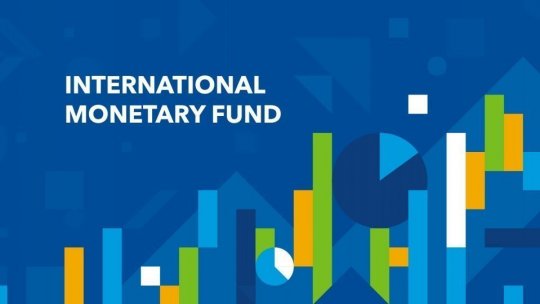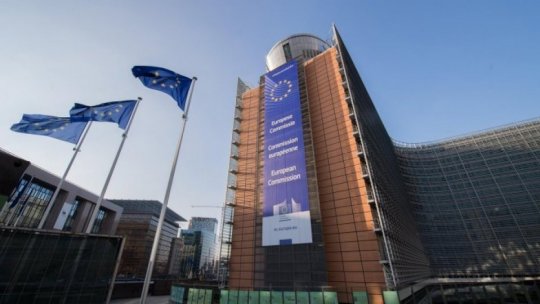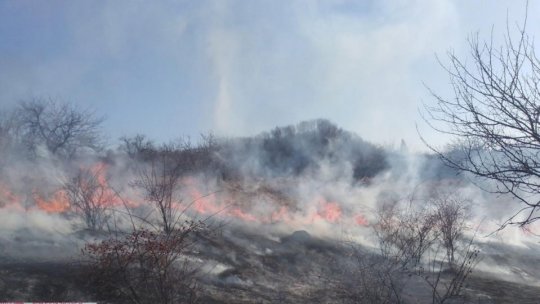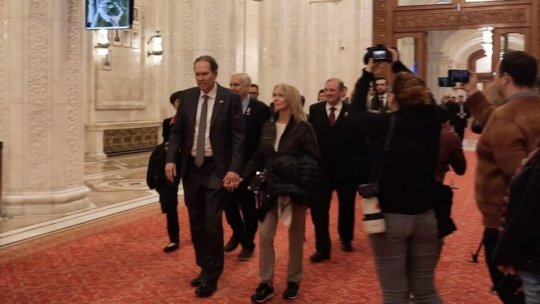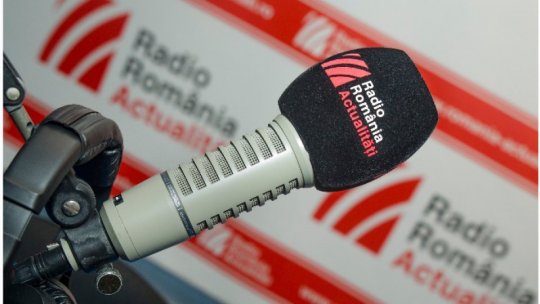Themes debated within the Black Sea and Balkans Security Forum
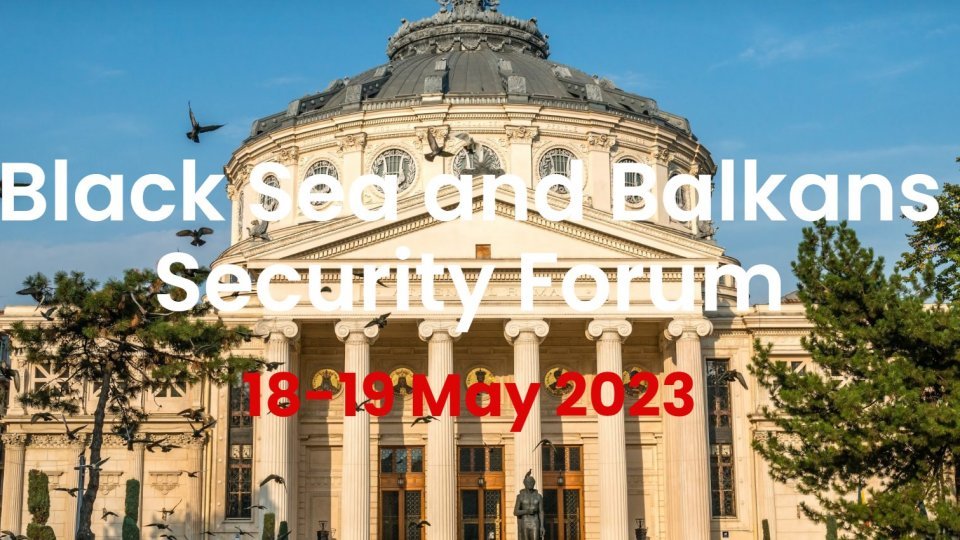
Articol de Pavel Ionescu, 20 Mai 2023, 15:36
RADIO ROMANIA NEWS (May 18, 10:11 p.m.) - "Global Agenda" - Director: Pavel Ionescu - The Security Forum of the Black Sea and Balkan Region brought together, in Bucharest, the leaders of the governments and parliaments of Romania and the Republic of Moldova, organizing time for two days over 40 panels, where more than 160 important guests speak. They were mainly high civil and military officials, diplomats, renowned experts from EU and NATO member countries, as well as from partner countries. Among the topics addressed: the reconstruction of Ukraine, supporting the European integration of the Republic of Moldova and Ukraine, the European security architecture after the war, the food crisis caused by the Russian invasion, energy security in Europe or cyber resilience. The organizers are the New Strategy Center together with the University of Agronomic Sciences and Veterinary Medicine, with MApN and the Ministry of Foreign Affairs as institutional partners. Catalin Purcaru and some of the main topics discussed today at the forum.
Reporter: Catalin Purcaru - Prime Minister Nicolae Ciuca states that there is a need to strengthen NATO's presence in the Black Sea, in the context of security threats in the region. The Prime Minister spoke about the abuses of the Russian Federation, which not only targeted Ukraine, but also threatened maritime security, with economic implications.
Nicolae Ciuca: The construction of the defense industry, which must become a war industry and small, technologically sophisticated, professional armies, which must return to mass armies, with reserves at the level of the entire society and capabilities of extensive mobilization, because the war, which involves a regional power like Russia, goes in the long term towards a war of attrition and the ability to regenerate yourself, to rebuild the force over and over again matters.
Reporter: Present at the event, the Prime Minister of the Republic of Moldova, Dorin Recean, emphasized the support of Romania and the European states for his country to become independent of Russian gas.
Dorin Recean: If at the start of the war, 100% of the energy consumed by the Republic of Moldova originated, directly or indirectly, from Russia, today the Republic of Moldova no longer consumes natural gas from Russia. The Republic of Moldova is integrated into the European energy network from a technical point of view, but also from a commercial point of view.
Reporter: The session dedicated to the construction of Ukraine brought together the heads of the legislatures from Bucharest and Chisinau. The reconstruction of Ukraine is a process that must begin now and not at the end of the war, by creating international mechanisms to support investments, said the interim president of the Senate, Alina Gorghiu. She drew attention to the need for regional stability, and without security on the eastern flank things could become complicated.
Alina Gorghiu: The reconstruction of Ukraine is a huge economic opportunity for Romania. It must become a country project in the next period. The government will have to formulate a well-designed plan to be able to achieve this goal.
Reporter: Geopolitical realities require new and bold initiatives to protect common values and interests, while reducing, at the same time, the Russian Federation's dependence on oil and gas, stated the president of the Chamber of Deputies, Marcel Ciolacu. He was convinced that Ukraine will win the war and gave assurances for the continuation of the support given to the Republic of Moldova on all levels.
Marcel Ciolacu: It is the stake of the entire democratic community to show its strength and solidarity, to support Ukraine and the Republic of Moldova, thus becoming part of the European Union and NATO.
Reporter: The President of the Parliament of the Republic of Moldova, Igor Grosu, highlighted the dynamics of the undertaken reforms and expressed his hope that the European Union will send the message regarding the start of the accession process by the end of the year. The war in Ukraine led to the acceleration of the geopolitical process thought before 2014, said the Italian geopolitical analyst Mirko Musetti, during the session. "We look at what architecture will look like after the war".
Mirko Musetti: This is the area that needs to be defended more, more by Finland, more by the Baltic countries. If it will be at war with Russia, Poland and Romania are pillars of European security. The war in Ukraine is a kind of cement for our alliance. America's objective is not the strategic defeat of Russia. Without a great enemy, there is no point in the alliance. Without a great enemy, there will be ethno-nationalist wars in this area of Europe, and that must not be the case at all.
Reporter: The "Black Sea and Balkans Security Forum" event continues tomorrow, with distinguished guests from the European Union and NATO states, as well as from partner countries.
Translated by: Radu Matei

